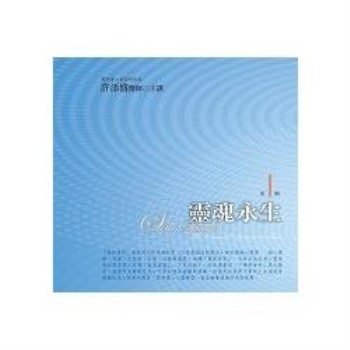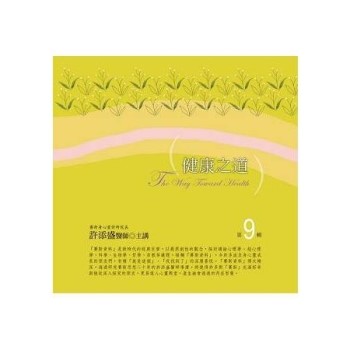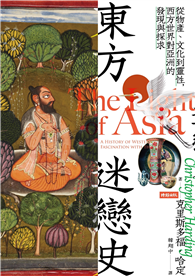Despite the political instability characterizing twentieth-century Taiwan, the value of baseball in the lives of Taiwanese has been a constant since the game was introduced in 1895. The game first gained popularity on the island under the Japanese occupation, and that popularity continued after World War II despite the withdrawal of the Japanese and an official lack of support from the new state power, the Chinese Nationalist Party. The remarkable success of Taiwanese Little League teams in the 1970s and 1980s cemented Taiwan's relationship with the game. Taiwanese native Junwei Yu's Playing in Isolation presents a comprehensive account of that relationship. While giving due credit to the great successes in Taiwanese baseball, Yu also addresses the scandals and controversies that have plagued the sport, including game fixing, improper recruitment practices, and the age-deception fiasco that tainted Taiwan's seventeen Little League World Series wins. In addition Yu draws attention to the influence traditional culture exerts on parental support of sports versus education and more sedentary occupations.
Drawing on detailed research and personal experience, Yu provides a rare, honest look at the reality of baseball in Taiwan and offers an insider's perspective on a unique part of baseball history.


 看圖書介紹
看圖書介紹



![塔木德:猶太人的致富聖經[修訂版]:1000多年來帶領猶太人快速累積財富的神祕經典 塔木德:猶太人的致富聖經[修訂版]:1000多年來帶領猶太人快速累積財富的神祕經典](https://media.taaze.tw/showLargeImage.html?sc=11100697818)





